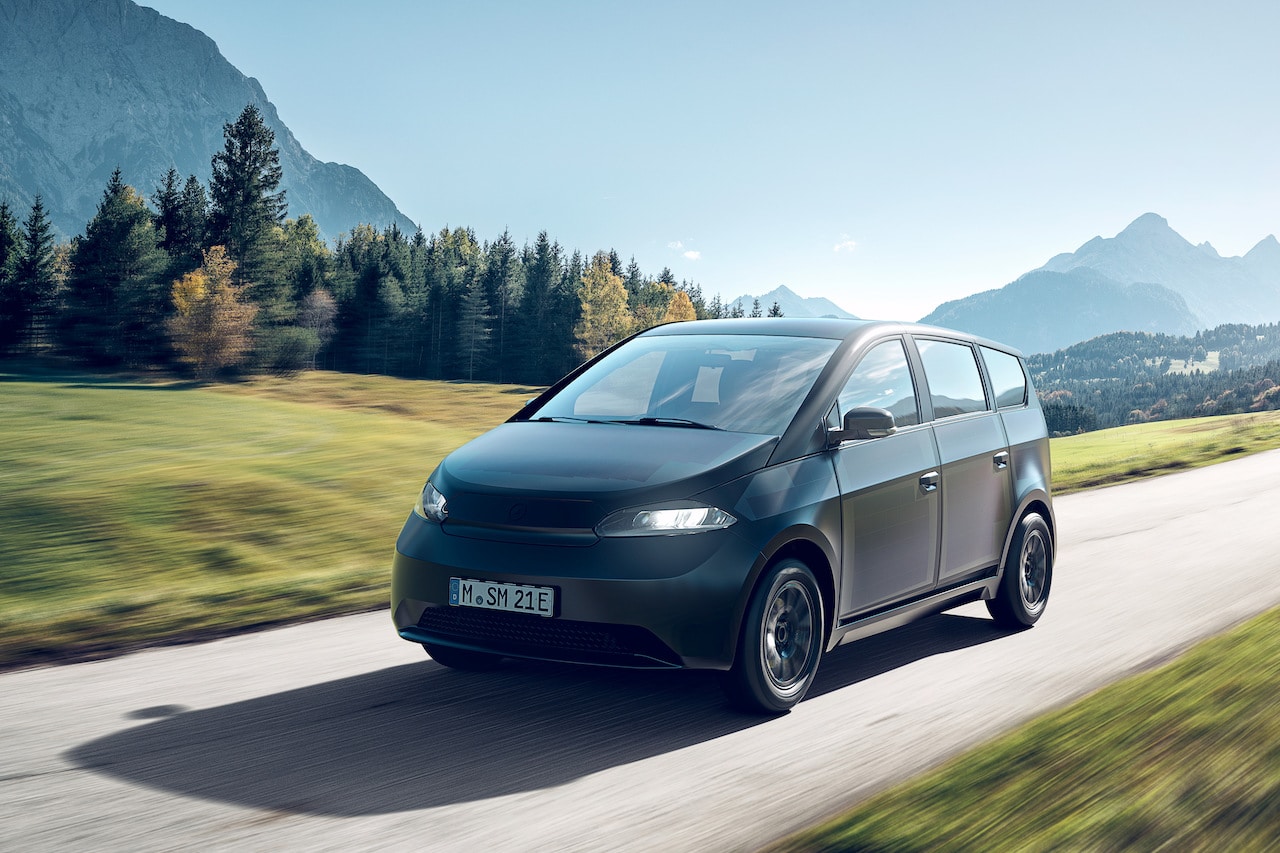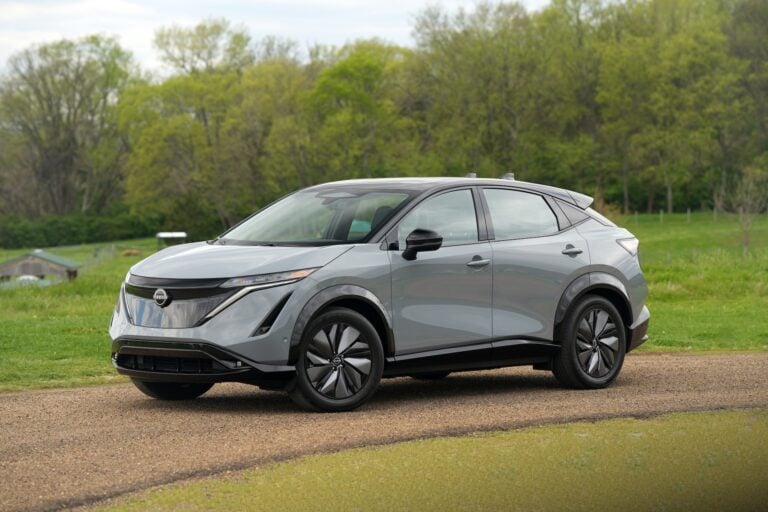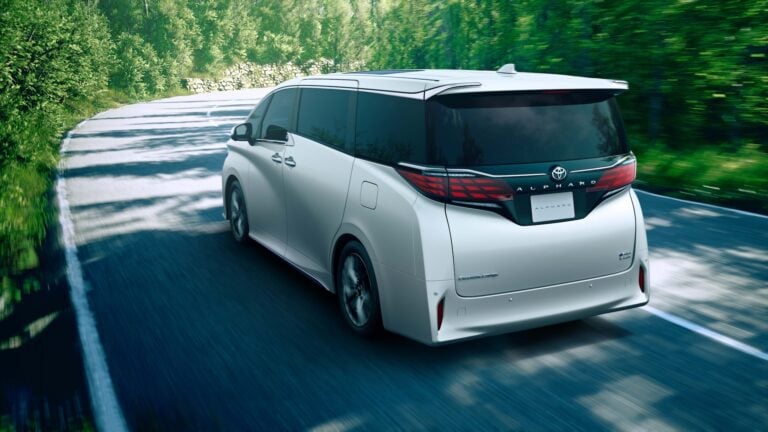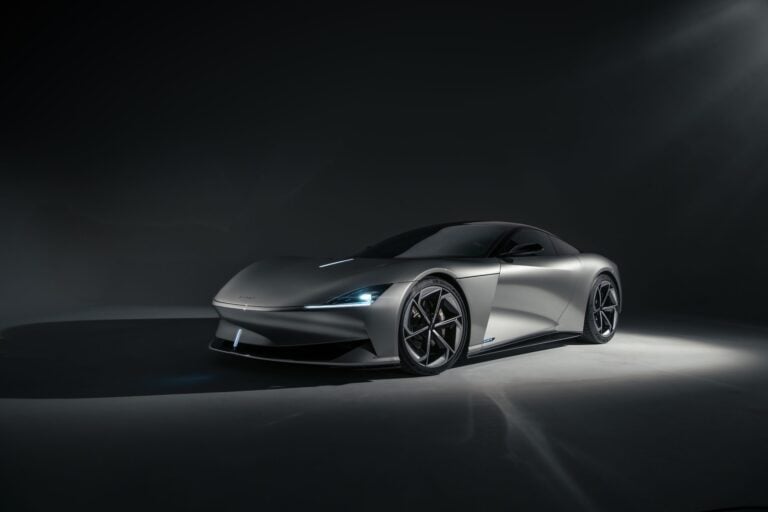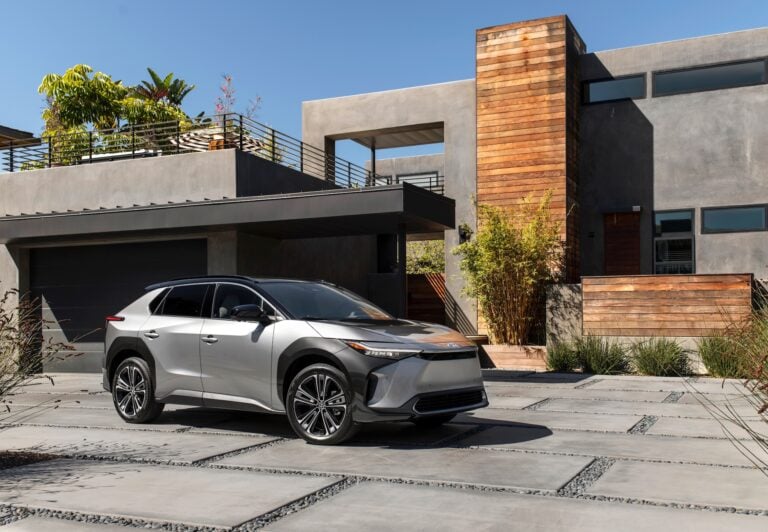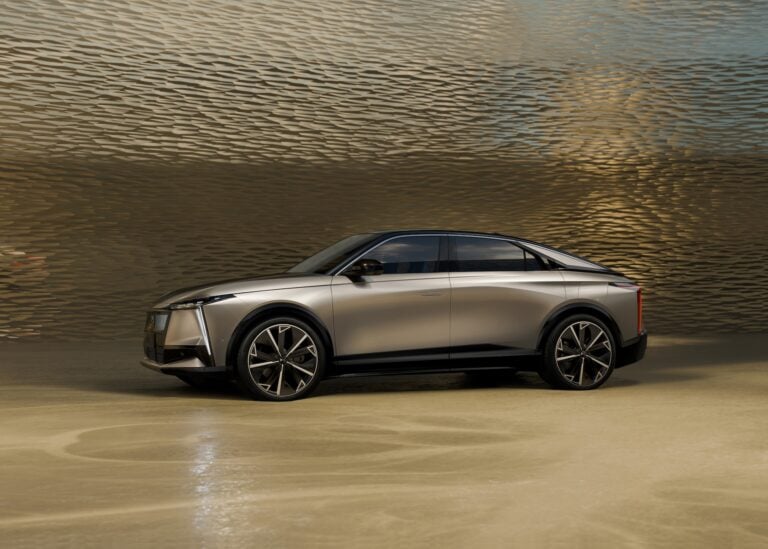Sono Motors and Valmet Automotive Announce the Signing of a Term Sheet Concerning the Production of the Sion Solar Electric Vehicle (SEV) At Valmet Automotive’s Production Line in Uusikaupunki, Finland.
MUNICH, Germany and UUSIKAUPUNKI, Finland – Sono Motors and Valmet Automotive today announced the signing of a binding term sheet, specifying all substantial parameters regarding the collaboration and the production of the Sion solar electric vehicle (SEV). The Finnish contract manufacturer will produce the Sion at its plant in Uusikaupunki. Valmet Automotive will provide the capacity to produce more than 257,000 vehicles over a seven-year period.
“The cooperation marks another milestone towards delivering the Sion to our growing Community. We are convinced that collaborating with such a reliable and experienced partner is an excellent match for bringing the Sion to the streets, while securing high-quality standards. We value Valmet Automotive’s experience in manufacturing premium automobiles and their proven track record in electromobility,” says Laurin Hahn, CEO and co-founder of Sono Motors. “Together we are well-positioned to keep our promise and deliver a climate-neutral Sion to our customers.”
“The cooperation with Sono Motors is a perfect fit with Valmet Automotive’s strategy, capabilities, and sustainable approach in all operations. We have been pioneers in electric vehicle manufacturing since 2009, and the innovative solar electric Sion will take us to the next level as the first high-volume, fully electric vehicle to be produced in the Uusikaupunki plant. In the rapidly changing automotive industry, Sono Motors is a leading exponent. We are looking forward to supporting Sono Motors in their electromobility targets,” says Olaf Bongwald, CEO, Valmet Automotive.
The Partnership Aims to Produce 43,000 Vehicles Per Year
Valmet Automotive started car manufacturing in 1968 as a joint venture with Saab. Since then, the company built more than 1.7 million cars as a contract manufacturer for some of the world’s leading OEMs. General price increases, the switch to Valmet Automotive and the development of new production lines will lead to increased funding needs of at least €275 million (including expected cash inflow from advance payments from reservations) by the start of production (SOP) in the second half of 2023. The Valmet Automotive facilities in Uusikaupunki allow for the production of a low four-digit volume in 2023, which will be followed by a ramp-up period. After this period, which will likely take a few months, the partners aim to produce approximately 43,000 Sion a year, using one hundred percent renewable energy. Sono Motors currently expects that all production-related greenhouse gas emissions that cannot be avoided along its supply chain, or during the production process of the vehicles, will be fully offset through relevant measures. Valmet Automotive is one of the world’s most sustainable contract manufacturers and is certified as climate neutral as of 1 January 2022.
Adjusted Prices for New Customers Due to Market Development
As of 31 March 2022, the Sion has over 17,000 direct consumer reservations with an average down payment of €2,390 net. Currently priced at €23,950 net, the company is planning to increase the car’s estimated net price before taxes and subsidies to €25,126 (€29,900 including German VAT) when the reservation number has reached 18,500. Sono Motors is thereby reacting to the latest increase in manufacturing costs, due to higher prices for production facilities and supplier components as well as raw materials, energy, and logistics, whilst keeping current promised net reservation prices fixed. “By adapting our pricing according to the current economic environment, we are able to reflect our increased costs while continuing to offer our customers a completely sustainable SEV at a very attractive price,” says Thomas Hausch, Chief Operating Officer at Sono Motors.
Sono Motors is currently building a fleet of series-validation vehicles in Germany closer to the company’s HQ, ushering in the Sion’s testing program. The outer shell of this family-friendly car will consist of 456 seamlessly integrated solar half-cells and will enable self-sufficiency on short journeys. The energy generated by the solar cells will extend the estimated 305 km range of the Sion’s 54 kWh LFP battery by an average of 112 km (up to 245 km) per week. Commuters in metropolitan areas will have to charge their Sion up to four times less than conventional electric cars of the same vehicle class with a similar battery size. Bidirectional charging technology complements the car’s solar integration and is designed to turn the Sion into a sustainable power plant on wheels that will be able to power electronic devices, the home or other electric cars with an output of up to 11 kW.

